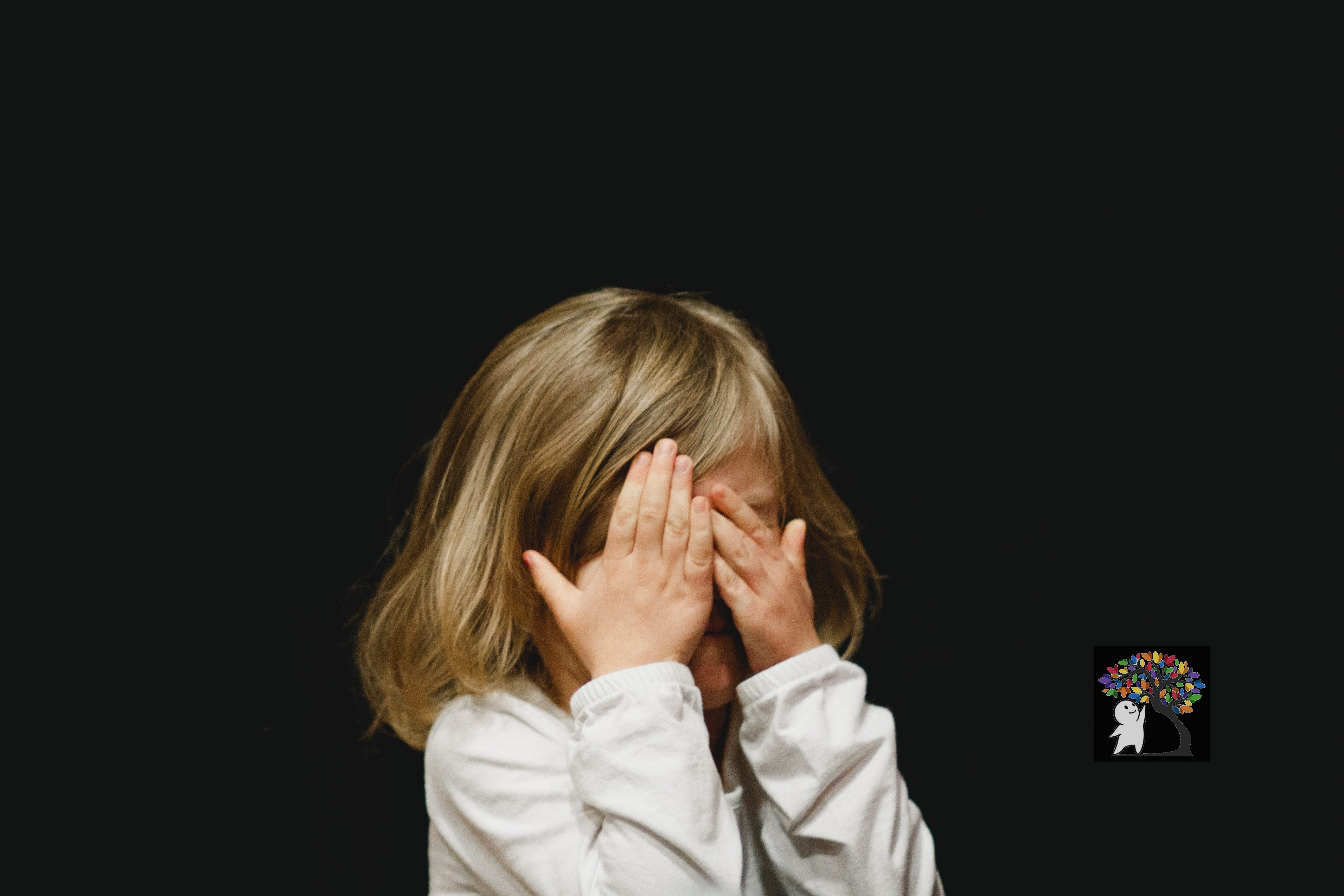5 Ways to Recognise Depression in Teens

Depression is a very common mental illness in teens. About 20 percent of all teens experience depression before they reach adulthood. That is a worrying statistic. However, it’s scary how many adults don’t seem to realise that depression can affect children and teens. Recently when Willow Smith (Will Smith’s daughter) came out and said she suffered with depression, the comments at the bottom of many articles were slating her, asking “what have you got to be depressed about?”. It seems many people don’t understand that mental illnesses don’t discriminate between age and circumstance. Depression doesn’t just affect adults. Children and teenagers can get depressed too.
Some studies show that almost one in four young people will experience depression before they are 19 years old. It’s important to get help early if you think your child or teen may be depressed. The longer it goes on, the more likely it is to disrupt your child’s life and turn into a long-term problem. So, Psych2Go shares with you 5 ways to recognise depression in teens.

1) Continuous low mood or sadness
This is when you’ll feel very sad and low for a prolonged period of time. If you’re feeling this way, things that normally lift your mood won’t bring you the same joy and happiness. You will also feel low for no specific reason and will find it difficult to shake off this feeling. If a teenager in your life seems to be continually low, or out of sorts it may be best to approach them and ask them how they’re feeling. It might be good for them to talk about their mood.
2) Being irritable or intolerant of others
This is a very common symptom of depression. Often, you’ll have a very short temper, and snap at your loved ones for no apparent reason. Irritability can be missed as a symptom of depression in teens as teenagers are stereotyped as moody and irritable. However, if you notice a change in their mood it might be best to discuss it with them. This could be because they’re having a rough time at school and not related to depression, so it’s best to get the whole picture.

3) Showing feelings of helplessness
Often if you’re suffering with depression you’ll feel out of depth and like you aren’t in control of your life. You can feel completely helpless and confused. Feeling confused is normal for a teenager as they’re going through changes in their body and growing up, however if this symptom persists and they feel helpless in their own mind, it could be signifying that something more serious is wrong. If they’re showing feelings of helplessness that could mean they want you to help. Don’t be afraid to reach out and talk about this.
4) Increasing social isolation
When you’re not feeling yourself and your mood is low, it can lead to social isolation. Often when you feel so low, being around people is difficult as you have to act as you ‘normally’ would. This can be a strain and cause you to just give up with socialising altogether. If you notice a withdrawal from social situations, it’s best to have a talk with them. It could be they’re having some difficulties in their friendship group, not a sign of depression. So, its beneficial to check so you can help.

5) Little to no enjoyment of things they once liked
This can mean they’re not that infused with after school clubs, like music practise or sports. They might even not want to go to their clubs and could drop out. This will then add to the social isolation. They also might not watch their favourite TV shows with as much fervour and not part take in their usual social routine.
The symptoms I have listed here aren’t symptoms that everyone will feel. If you think a teenager in your life could be suffering with depression, it’s important to do some wider reading. If you’re based in the U.K the NHS website is very useful, and in the U.S the Anxiety and Depression Association of America website is also very informative. Don’t hesitate to go to your doctor for help if you feel you need it.
What do you think?
Have you struggled with depression? What do you do to help? Psych2Go would love to know! Be sure to leave a comment below!
If you enjoyed this article, then you may also like 5 Ways to Talk about Depression with Your Parents or How I Deal With Depression
References:
Depression in children and teenagers, NHS. Retrieved 23rd May 2018



Hi! I think it’s really great that you’re helping to spread information about identifying depression in teens, as this often gets overlooked due to the stereotype of the ‘moody teen’. I did notice though that there are just a couple of errors:
-In the intro, ‘slating her. Asking’ should be ‘slating her[,] asking’.
-In point 1, ‘shake of this feeling’ should be ‘shake [off] this feeling’.
I also wondered if you could use some more examples of behaviours. I understand that you’ve described things such as social isolation and irritability, but there are other points you’ve raised such as feelings of helplessness. Whilst everyone is different and a symptom like ‘feelings of helplessness’ is difficult to pinpoint, using behavioural examples can be used to provide a general and basic idea of behaviours that might occur. Examples such as struggling to organise appointments/events and even struggling to follow sets of instructions, can be used to provide family and friends with a starting point.
Using examples of behaviours is especially significant as sufferers of depression, including teens, often don’t come forward about their feelings and tend to hide their pain from those around them.
Aside from this, you really nailed it. Great job 🙂
Hi Rosie, thank you for commenting, I’m glad you enjoyed the article. Thanks for pointing out the errors, I think I’ll need to have a word with my editor! I’ll take what you said into consideration and go back and review my points. My goal was to help people identify potiential personality and behavioural changes within teenagers and hopefully stop depression being left untreated. Once again, thanks for your comment!
My six year old son shows all these symptoms..
And the other day, we were having a conversation about how he should apologize to his dad before he asks for a toy.. He screamed at me “I’m just going to kill myself! ”
I had no idea how to react. If he wanted to schock me..he did. I finally asked him “why do you feel this way , is there anything I can do to make you feel better.. when you say things like this , it breaks my heart into a million pieces..” expressed my love for him but I think I said the wrong things… He said ” he doesn’t feel good.. he hurts. ” I feel like a horribe mother. I have been diagnosed with depression and have done nothing about it. I have never even saaid things like “I’m going to kill myself ” out loud.. I don’t know where he heard that. .. I don’t have any idea what I should do. I have no insurance to get him looked at… I feel awful..
Hi Nohemi,
I’m not a mental health professional but from experience with dealing with this type of thing the best thing to do is just to listen and ask the questions you did. It’s important for him to know you’re always there to talk to and are a safe person to express his emotions with. Maybe let his school know he’s feeling down and is upset? The more support he has around him the better. I hope you and your family are okay and if you ever need anyone to talk to feel free to message me.
I AM a teen and with this information I can clearly recognize that I might have depression and I just want to say that I can relate to all of the points 😐